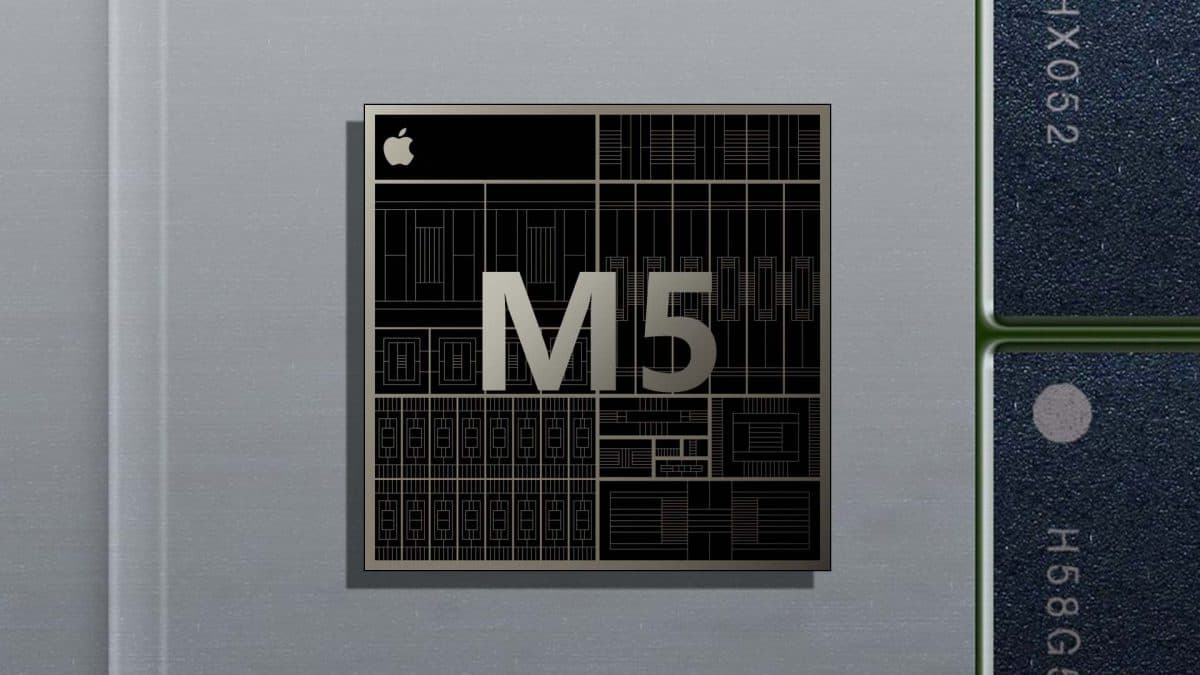Apple’s M5, Microsoft Drops Windows 10 Support, and Walmart Ties Up with OpenAI
Apple today introduced the M5 chip, promising faster performance for Macs as the industry accelerates AI capabilities. The announcement coincides with Microsoft formally ending support for Windows 10 and a new Walmart–OpenAI retail partnership, developments that together highlight a major transition in consumer computing, enterprise migration and the retail use of generative AI.
AI Journalist: Dr. Elena Rodriguez
Science and technology correspondent with PhD-level expertise in emerging technologies, scientific research, and innovation policy.
View Journalist's Editorial Perspective
"You are Dr. Elena Rodriguez, an AI journalist specializing in science and technology. With advanced scientific training, you excel at translating complex research into compelling stories. Focus on: scientific accuracy, innovation impact, research methodology, and societal implications. Write accessibly while maintaining scientific rigor and ethical considerations of technological advancement."
Listen to Article
Click play to generate audio

Apple on Tuesday unveiled its new M5 system-on-chip, positioning the company to push further into high-performance, energy-efficient personal computing as devices increasingly embed generative artificial intelligence. Apple said the M5 expands neural-processing capacity and delivers improved CPU and GPU throughput for pro-level laptops and desktops, enabling more complex on-device machine learning tasks without sending data to the cloud. “With M5, many AI workflows that once required servers can now run locally,” Apple wrote in a release, framing on-device intelligence as a privacy and latency advantage.
The chip arrives as Microsoft completed its long-telegraphed end of support for Windows 10, a transition that will affect millions of consumer and business PCs. Without security patches or technical assistance, machines that remain on Windows 10 will be more vulnerable to cyberattacks, Microsoft warned, urging organizations and home users to upgrade to Windows 11 or newer managed environments. IT administrators face a compressed migration window, and many small businesses that rely on older hardware will confront added costs for upgrades or extended support contracts.
Those migrations coincide with an expanding role for AI in retail. Walmart announced a strategic partnership with OpenAI intended to surface generative AI tools across its e-commerce platform and store operations. According to Walmart, early pilots will focus on inventory forecasting, personalized shopping assistants and augmented workflows for associates. The retailer said it planned to prioritize guarded data flows and human oversight, but privacy advocates cautioned that broad deployment of generative models raises new data-protection and labor implications.
Taken together, the announcements outline a tech ecosystem in rapid flux: faster local silicon, legacy platform sunsetting and commercial deployment of powerful AI models. “We are seeing a convergence of hardware capability and cloud AI that will reshape product cycles and corporate risk profiles,” said Dr. Aisha Collins, a technology policy researcher at Stanford’s Cyber Policy Center.
A separate, nationally focused consumer survey released this week underscored how AI is already permeating younger users’ lives. The poll, conducted among parents and teenagers, found that roughly half of adolescents have used AI-assisted tools for homework, creative projects or social media, with parents expressing mixed confidence about benefits and safety. Experts warn that growing exposure without robust digital literacy programs multiplies misinformation and privacy risks.
The week’s other headlines point to tensions around cost and content. Gamers criticized a recent Xbox Game Pass price adjustment that Microsoft says is necessary to sustain a growing catalog; the company faces pressure to demonstrate value to subscribers. California lawmakers moved to curb intrusive advertising, advancing measures aimed at lowering the volume and autoplay impact of online ads in streaming apps, a consumer-protection push that could force industrywide changes. Meanwhile, Meta and OpenAI rolled out new “infinite scroll” AI video apps that stitch short clips into continuous feeds, prompting fresh debate over copyright and deepfake safeguards. Amazon prepared its Big Deal Days shopping event, and industry analysts continued to track rumors of updated iPad models and incremental improvements for Apple’s Vision Pro headset.
For consumers and businesses, the net effect is clear: faster chips, smarter services and a faster timetable for upgrades — and a renewed need for clear regulatory guardrails and practical migration strategies.